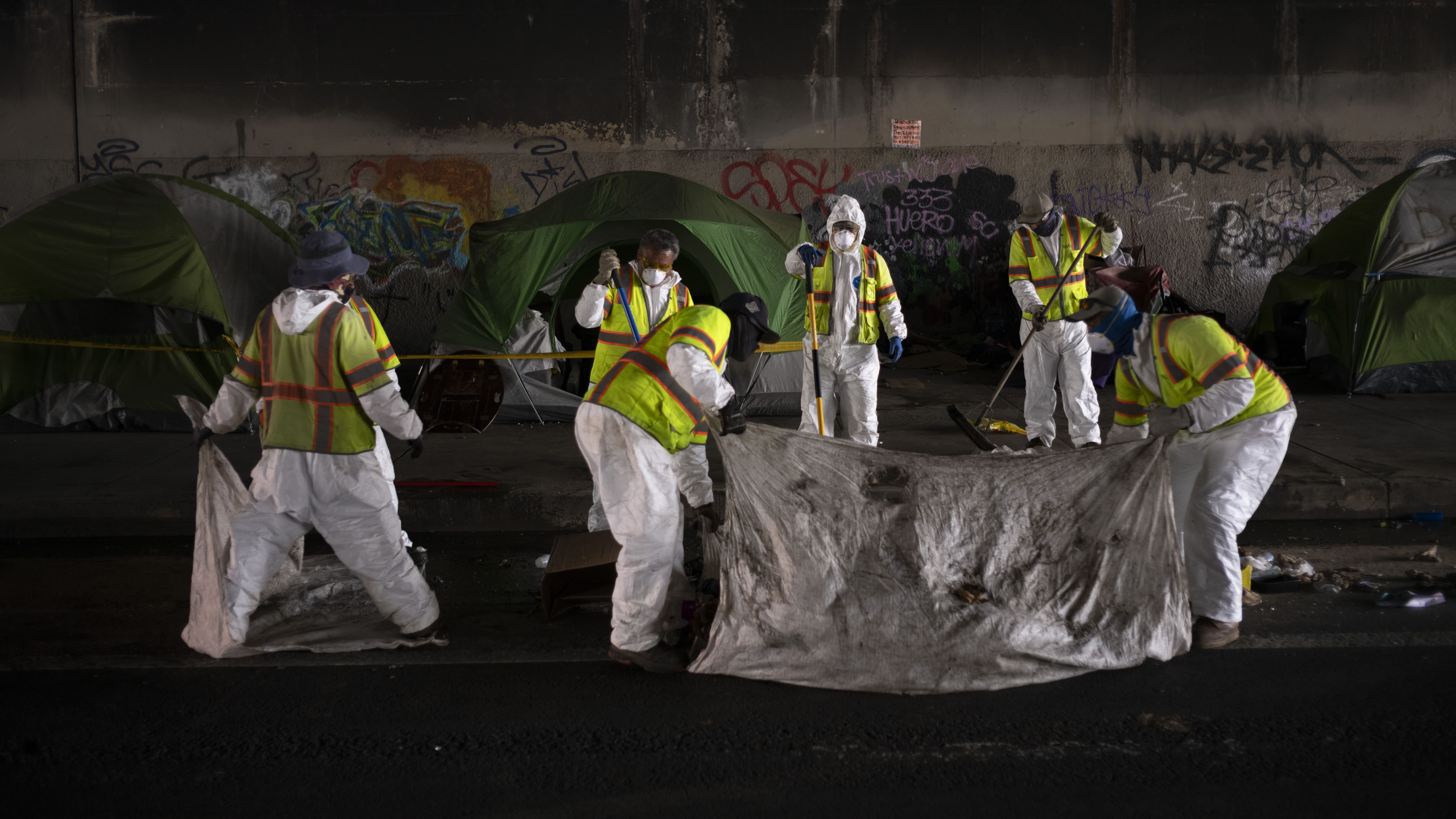Ballot measures voters will decide will make changes to California's death penalty
FRESNO, Calif. (KFSN) -- Two ballot measures voters will be deciding on in the coming weeks will determine whether California will get rid of the death penalty or speed up the process.
From the time Clarence Ray Allen orchestrated the murders of three people inside Fran's Market in 1980 to the time he was executed was more than two decades. Long and frustrating years, according to the former Deputy DA and judge who prosecuted that case and then adjudicated several other capital murder cases.
By the time the families finally saw justice only a few were able to actually witness it.
"The people that were there, in terms of the victims, only two had been alive whenever the crime had occurred. Parents were gone or too infirmed," said Jim Ardaiz, retired judge. "Punishment that is delayed denies justice to people who have been victimized. I think that is a terrible consequence."
Commercials are saturating the airwaves against Prop 62-- to end the death penalty. And no on 66 flyers are flooding mailboxes. But for moral reasons, others like Jim Grant of the Roman Catholic Diocese of Fresno want 62 to pass and 66 to fail.
"The main understanding of the catholic church is that it is a pro-life, a respect life, womb to tomb church. That would mean that not only are we against abortion, but we are very much in favor of all people having the right to a natural death."
Proposition 66 would put the appeals process on a fast track and limit the time a case is on appeal to five years.
Local catholic churches are spreading their stance to parishioners throughout the Central Valley-- urging them to choose the humane option. The church is in favor of longer sentences that provide opportunities for rehabilitation.
"Prisons are not just meant to be punitive. Justice is meant to be restorative," said Grant.








